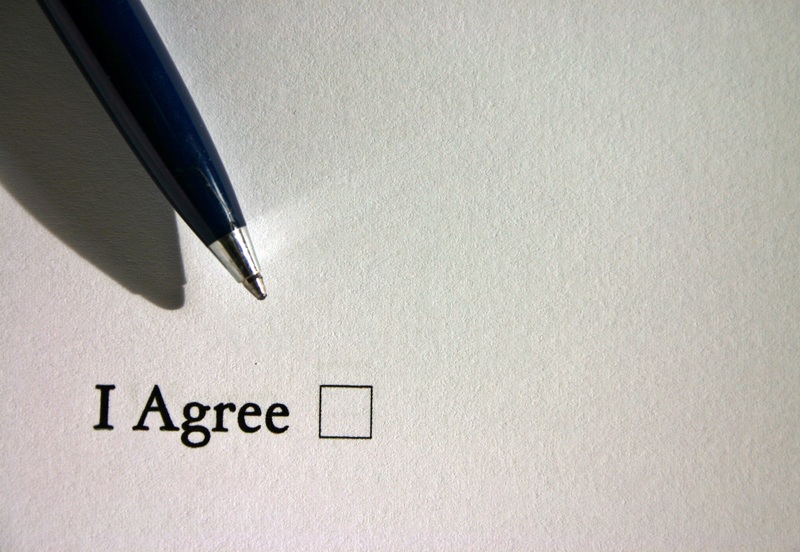LAW ON CONSENT AND CONFIDENTIALITY IN INDIA
Section 126 of the Act forbids an attorney from revealing attorney-client communications without the client’s express consent. As a result, the client may relieve the attorney from the need to maintain confidentiality. However, in the absence of a specific agreement, the attorney is obligated to maintain confidentiality. Lawyer privilege is a legal principle that protects the secrecy of conversations between attorneys and their clients. Attorneys are not permitted to reveal their client’s secrets under that rule, and no one may compel them to do so.
CAN A LAWYER REPRESENT ME WITHOUT MY CONSENT?
According to Section 32 of the Advocate’s Act, the court may allow any individual to appear before it, even if he is not an advocate. As a result, under the Advocate Act in India, one has the statutory right to defend one’s case. An attorney can represent you. Yes, but only in limited circumstances, and only when there is an urgent need to do so without your consent, or when such measures are in support of previously agreed-upon aims that your attorney has discussed with you.
Any representative is chosen by someone for a specific reason, and any authority is conferred solely in that context. However, in some cases, an advocate/attorney may act without alerting the client provided the conduct is performed with good faith and fits within the scope of service given.
CAN A LAWYER TELL YOU TO BREAK THE LAW?
Lawyers who commit criminal offences incur the same penalties as everyone else, and they may also face disciplinary consequences, such as being “struck off” the list of practising lawyers in the most serious cases. Disbarment, commonly termed as striking off, is the expulsion of a lawyer from a bar organization or the practice of law, which results in the revocation of their law license or admission to practice law. Disbarment is typically used to penalize unethical or illegal behaviour, but it may also be used to punish ineptitude or incapacity.
WHAT IS THE PROFESSIONAL MISCONDUCT OF A LAWYER?
Lawyer misconduct refers to unethical or unlawful behaviour by an attorney. Conflict of interest, overcharging, attempting to represent a client for political or professional reasons, false or misleading statements, knowingly having to accept worthless lawsuits, withholding evidence, ditching a client, refusing to report all relevant facts, arguing a position while failing to disclose prior law that might counter the argument, or having sex with a client are all examples of attorney misconduct.
Professional ethics is significant because it prescribes a set of principles for professionals to follow on how they should interact with the people with whom they work. From a philosophical standpoint, ethics is concerned with morality and how individuals conduct in terms of goodness or badness. In simple words, Professional ethics are the collection of moral principles or codes that regulate a person’s behaviour in a professional workplace or work life. In the legal profession, a lawyer must follow professional norms to ensure fair dealing with clients and to maintain self-possession.
Ethical standards address topics such as
- The lawyer-client relationship, specifically the lawyer’s responsibility to his or her client. This involves client care, conflicts of interest, confidentiality, handling client money, and fees.
- The lawyer as an advocate, namely the lawyer’s duty to the court
- Other than a client, a lawyer’s responsibilities.
- independence, sincerity, and honesty
- The obligations of a lawyer to other attorneys.
- Legal services promotion.
- Competence, which includes academic credentials and training, as well as completing additional prerequisites for practice, such as obtaining a valid practising certificate or licensing.
- Access to justice and human rights
HOW DO I FILE A COMPLAINT AGAINST AN ATTORNEY IN INDIA?
Sometimes there are situations when a client has to file a complaint against a lawyer, here is the process.
- A complaint against an advocate must be made in the form of a petition. It must be signed and certified following the Code of Civil Procedure. A complaint is frequently made in either English or Hindi or in any regional language that has been designated as a state language.
- If the correct charge is not paid, the Secretary of the Bar Council may order the complainant to pay the specified fees.
- The complaint may be dismissed just because it has been withdrawn, resolved, or the complainant does not choose to proceed with the investigation. The Bar Council may ask the complaint to provide any further information requested by the Council within a specified time frame.
- When the Bar Council refers a complaint to a Disciplinary Committee, the Registrar shall promptly notify the advocate. The notice will request that the concerned counsel point out the cause of the complaint lodged against him within a certain time frame and submit a statement of defence.
- If he fails to attend on the scheduled day of the hearing, the case will be heard and decided in his absence. An appearance is frequently accompanied by the presence of an advocate or a fully authorized representative.
- The day, hour, and location of the inquiry will be determined by the Chairman of the Disciplinary Committee. This date should not be more than thirty days after receiving the reference.
- Parties may present in person or through an advocate, who must file a vakalatnama with the name of the Bar Council, his residence address, phone number, and address for service of notifications.

